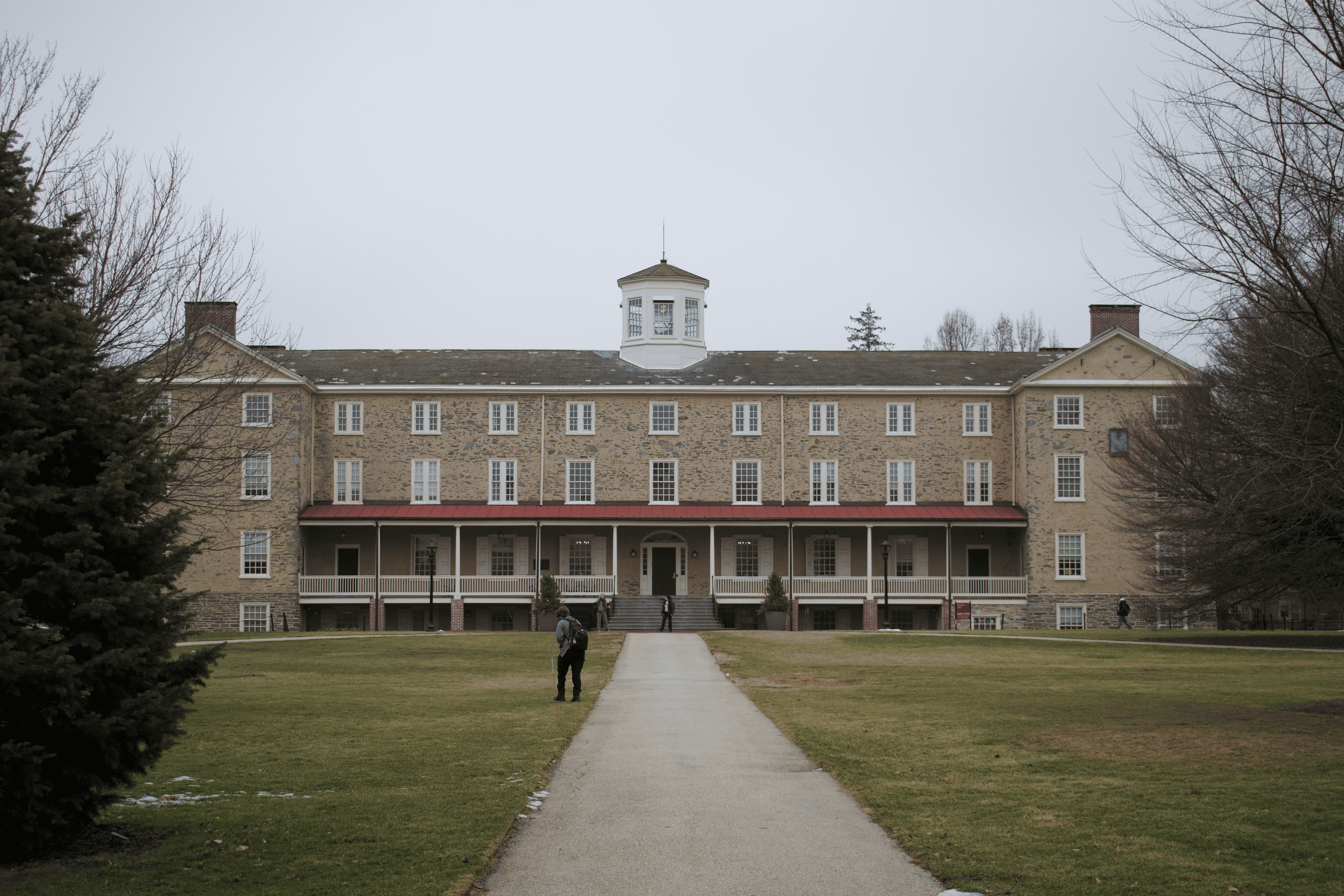[Editor’s note: Open letters published in the Bi-College News do not reflect the views of the publication, its staff, or its editorial board. This letter represents only the views of the author. The Bi-Co News continues to strive to reflect the perspectives and experiences of all students, faculty, and staff across the Consortium.]
It’s 5:34 a.m. and I can’t sleep.
That probably says enough. But I’m writing anyway. The past year and a half has been heavy. I’ve sat with students through tears, anger, and unbearable silence. I’ve watched them shrink parts of themselves, edit their words, second-guess their friendships. I’ve seen them walk out of rooms they used to feel at home in. I’ve seen the way fear settles into their shoulders—how they keep their heads down just to pass through.
And yet, I keep hearing—loudly and often—that there’s “no antisemitism at Haverford.”
I want to ask: if that’s true, what are Jewish students so afraid of? Why is it that students are scared to say they went to a Shabbat dinner or had a bagel at Chabad? Why is it that posters for Jewish events are torn down and vandalized again and again? Why are students afraid to say that they believe Israel has a right to exist, even when that belief is central to their Jewish identity? Why are they called “that crazy Jew”—not just behind their backs, but to their faces?
I’ve heard the caveats: “Not all Jews feel this way.” “Anti-Zionism isn’t antisemitism.” “We welcome all Jews here.” I want to believe those words. But I’ve seen what happens when students test them.
Here’s a simple thought experiment. Say this to five people on campus:
“I believe Jews are indigenous to the land of Israel.”
“I believe Jewish identity includes the right to an ancestral homeland.”
“I believe Jewish self-determination doesn’t make me a colonialist.”
Just say it, even if it’s not your belief. Say it and watch what happens. Because students who actually do believe those things—and say them—are often excluded. Mocked. Dismissed. Labeled. The silence after their words hangs thick in the air, and they learn quickly not to speak again.
This isn’t about politics. This is about belonging.
I’m not asking everyone to agree on Israel. I’m asking that we stop forcing Jewish students to check a part of their identity at the door in order to be seen as “the right kind of Jew.” Because when you make acceptance conditional, it’s not inclusion—it’s erasure. And if you’ve never had to ask yourself whether it’s safe to mention your identity in a classroom or club meeting or lunch table conversation, then I invite you to sit with that for a moment.
Jewish students are exhausted. And if they seem quiet, it’s not because they don’t care—it’s because they’ve learned it might not be safe to speak. You may not see it. But it’s here. And they feel it every day.
So before saying there’s no antisemitism at Haverford, ask yourself: Have you really listened?
By Blumie Gurevitz
Director, Rohr Center for Jewish Life – Chabad at Haverford and Bryn Mawr
Advisor to Bi-Co Chabad Student Group since 2006
